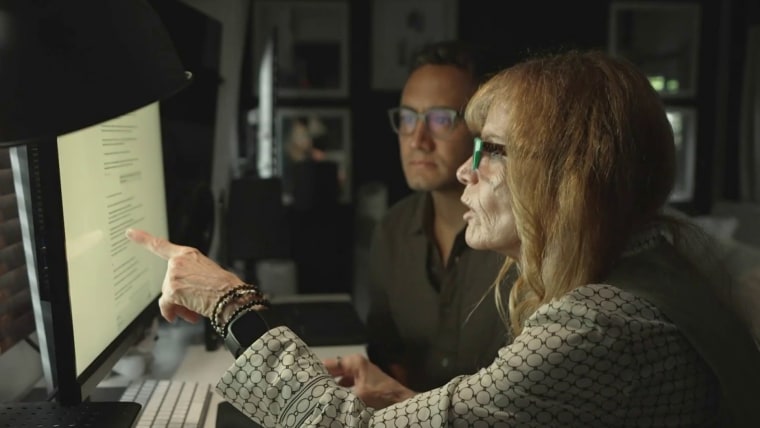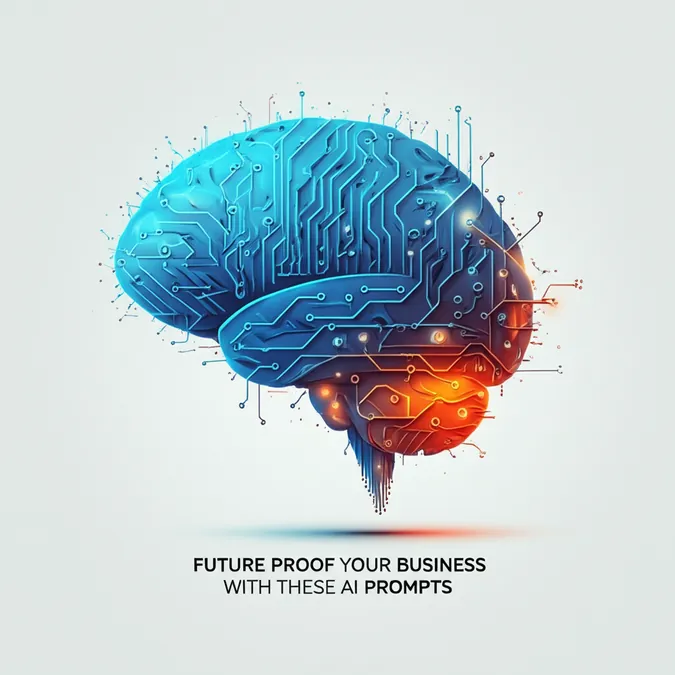Americans Are Turning To AI For Legal Help

In an era where technology is reshaping every industry, the legal field is no exception. A growing number of Americans are turning to powerful AI tools like ChatGPT to handle tasks traditionally reserved for lawyers. Despite clear disclaimers in the terms of service warning against using them as a substitute for professional advice, people are increasingly using these platforms for everything from legal research to drafting arguments. This trend signals a major shift in how individuals are approaching their legal needs, driven by convenience and cost, but it also comes with significant risks.
The Rise of the AI Legal Assistant
Why are so many people choosing a chatbot over a certified lawyer? The primary reason is accessibility. The high cost of legal services often creates a barrier for individuals and small businesses needing legal help. AI offers a seemingly affordable and instant alternative. Instead of scheduling consultations and facing hefty hourly rates, users can get immediate answers and document drafts for a low monthly subscription or even for free. This democratization of information is empowering people to tackle legal issues they might have otherwise ignored due to cost.
What Legal Tasks Are People Using AI For
The applications are surprisingly diverse. According to an NBC News report, users are leveraging generative AI for a range of legal activities, including:
- Legal Research: Asking AI to explain complex legal concepts or find relevant statutes and case law.
- Document Review: Uploading contracts or leases to have the AI summarize key terms, identify potential issues, or explain confusing clauses.
- Drafting Arguments: Using the AI to help structure and write arguments for small claims court, disputes with landlords, or other personal legal matters.
While these tools can be powerful for initial exploration, relying on them entirely can be a perilous strategy.
The Risks of Bypassing Professional Counsel
The convenience of AI comes with critical drawbacks. The biggest danger is the unreliability of the information. AI models are known to "hallucinate," meaning they can confidently invent facts, legal precedents, and case citations that are completely false. A well-publicized incident involved lawyers facing court sanctions for submitting a legal brief based on fake cases generated by ChatGPT.
Furthermore, AI lacks the critical thinking and nuanced understanding of a human lawyer. It cannot provide strategic advice tailored to a specific situation or understand the emotional and contextual details of a case. Crucially, there is no attorney-client privilege when you share sensitive information with an AI, raising serious privacy concerns. The warnings in the terms of use exist for a reason: AI is a tool, not a licensed professional.
A Glimpse into the Future of Law
The rise of AI in the legal sphere isn't just about individuals bypassing lawyers; it's also about transforming the profession itself. Many legal experts are embracing AI as a tool to enhance their own efficiency, automating tedious tasks and allowing them to focus on higher-level strategy. However, the trend of public reliance on these tools highlights a pressing need for better education on their limitations and a broader conversation about how to make professional legal services more accessible for everyone. As AI technology continues to advance, navigating its role in the legal system will be one of the key challenges for both the public and the legal community.


